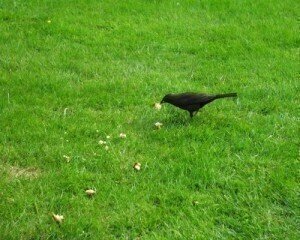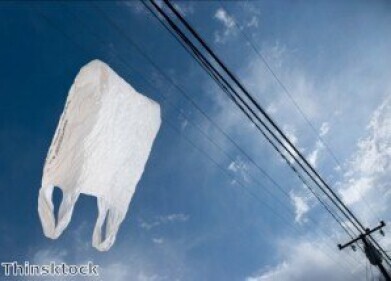Waste Management
Nesting birds 'could monitor pollution'
Nov 20 2012
Common nesting birds could be used to monitor pollution and track environmental clean-up efforts, experts have said.
Swallows and homing pigeons could play a part in cleaning up the environment, according to Thomas Custer, from the US Geological Survey's Upper Midwest Environmental Sciences Center in Wisconsin.
Nesting birds that feed on insects that hatch in lake or stream-bed sediments could be good biomonitors for pollution because any sediment contamination makes its way into the birds, their eggs and young.
Mr Custer uses the tree swallow as an example, explaining that it still exhibited "significant qualities" of toxic chemicals in its eggs and chicks seven years after environmental cleanup efforts began at a former capacitor-manufacturing plant.
Scientists discovered the bird to be contaminated with polycholorinated biphenols, and these findings "prompted further sediment removal" in Crab Orchard National Wildlife Refuge in southern Illinois, Nature.com reports.
Swallows were also used to monitor a project in Ohio's Ottowa River in 2010, said Mr Custer, speaking at the annual meeting of the Society of Environmental Toxicology and Chemistry in California last week.
In this instance it appears that the area is not a contamination hotspot.
Researchers who want to attract birds to their area of interest can simply erect nesting boxes on poles, the expert said. He added the swallows are particularly desirable for such work because they do not tend to fly far from their nests.
Roger Helm, head of the environmental contaminants programme for the US Fish and Wildlife Service, said that such projects can even help birds as the presence of nesting boxes improves the habitats.
"The wonderful thing about this kind of work is you can say something meaningful," he said.
"The worst kind of science does a fair amount of harm and has nothing to say because you don't have the sample size to draw a reasonable conclusion. You kill a bunch of things, and what do you know?"
Posted by Joseph Hutton
Events
May 05 2024 Seville, Spain
May 13 2024 Munich, Germany
May 23 2024 Beijing, China
May 23 2024 Beijing, China
Jun 10 2024 Algiers, Algeria













